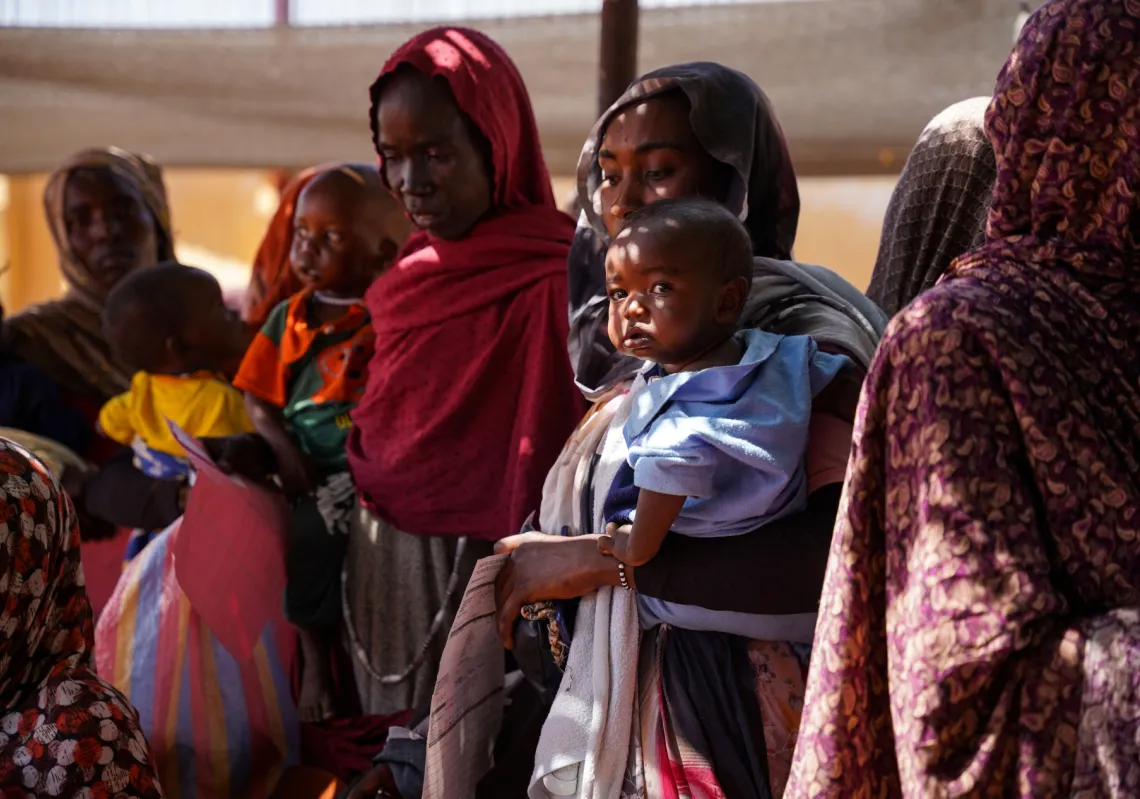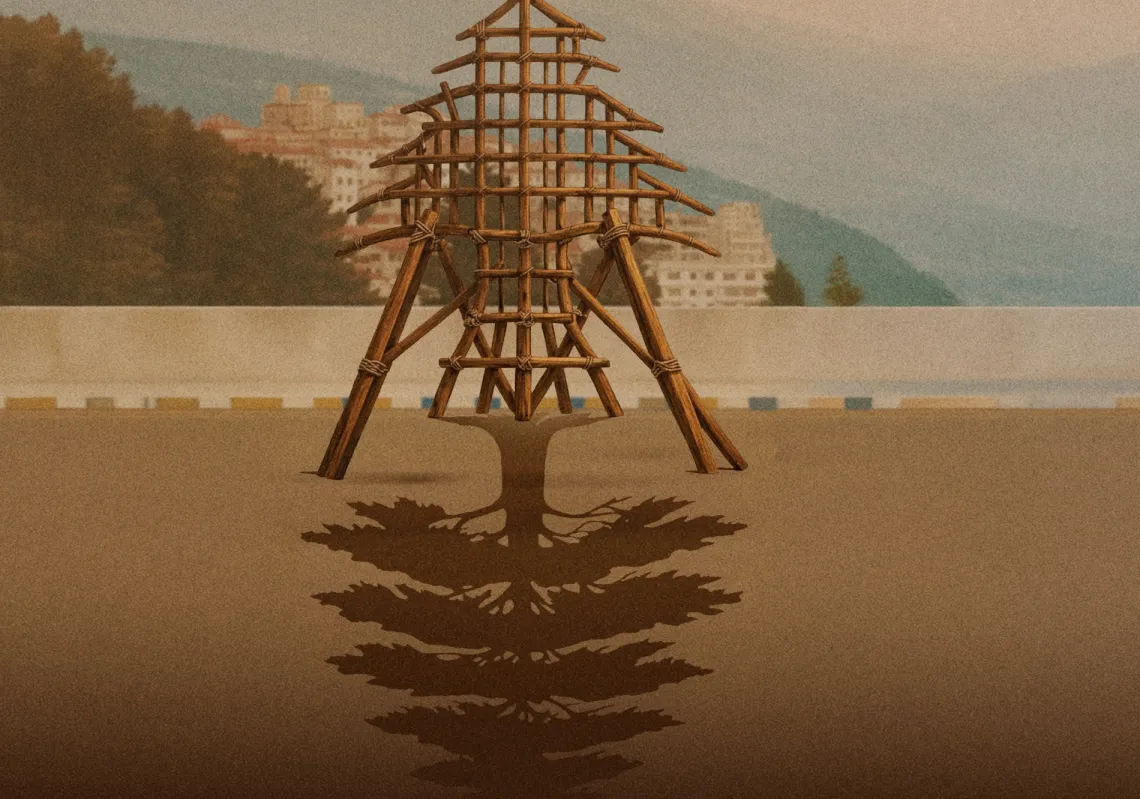Eclipse of the Sunnis
By Deborah Amos
Public Affairs, 2010
Hardback £10.50
Sectarianism remains the key issue in Iraqi politics. Post invasion efforts to create a national identity have faltered at various points and, more often than not, along sectarian lines. This is no surprise given the levels of sectarian violence that has characterized much of the last decade.
The most recent parliamentary elections, held in March of this year, saw this trend continue. It was hoped that the elections would usher in a parliament with more Sunni representatives. In the 2005 elections, the Sunni community in Iraq shied away from the ballot boxes. And although in 2010 the non-sectarian Shi’ite, Ayad Allawi, succeeded in galvanizing the Sunni vote, his victory was only wafer thin—his slate won just two more seats than the incumbent Nouri Kamal Al-Malaki’s slate. The months that followed witnessed calls for a recount, further Baathist purges and backroom bargaining between the two main Shia blocks. As Iraq sat at a political impasse, with no coalition capable of forming a governing majority, sectarian tensions increased and the specter of sectarian violence was raised from its brief slumber.
In this respect, Deborah Amos’ book, Eclipse of the Sunnis, is key reading for anyone who wishes to understand Iraq’s current predicament. In her book, the NBC journalist charts the shifting sands of sectarianism in a post-invasion Iraq. She also offers a highly perceptive analysis of the nature of current regional dynamics. Since Amos’ thesis broadly seeks to document the rise of a Shi’a crescent, the scope of the book is impressive and not restricted to Iraq. There are chapters on the political machinations of the shrewd Syrian president, Bashar Al-Assad, and on the impact of Iraq’s troubles on Lebanon. Amos also weaves in criticism of US counter-insurgency efforts and touches on Iran’s role in fuelling sectarian strife.
Amos’ analysis of regional politics is astute, and her account of Bashar Al-Assad’s reaction to a production of Richard III is very entertaining, but she is at her best when describing the impact of the invasion on the Iraqi population. Here, the high politics of diplomacy takes a back seat, and individual artists, filmmakers, dancers and students take center stage in what is a very human tale.
In one of her earlier chapters, Amos describes the efforts of the Iraqi artist community in Damascus to produce a televised comedy series. Her portrayal is both humorous and tragic. The series, Selling the Country, which aired in 2007 during the month of Ramadan, was the first concerted attempt by the exiled Iraqi community to critique the Maliki government. Over the course of 30 episodes some of Iraq’s best-loved actors depict corrupt government officials in highly satirical scenes that to an outsider may border on farce. Amos describes how the troupe succeeds in airing their production in spite of an Iraqi law that prevents the sarcastic portrayal of government officials. Amidst the despair of an exiled population caught in limbo, there is a sense of a new-found freedom. However, as with most of Amos’ anecdotes, tragedy and indignity are not far away. The death of the star of Selling the Country, the much-loved comedian Rasim Al-Jumaily, is seen in its own right as a desperately sad occasion. As the artist community mourns his passing they are stunned to hear the Baghdad administration promise a plane to return Jumaily, "one of Iraq’s best loved actors," home. Jumaily’s body is kept in a freezer for five days, but the promised plane never touches down. His friends are forced to carry his decaying body through the Damascene heat and bury him next to Iraq’s eternally dispossessed.
Elsewhere, Amos discusses the plight of exiled Iraqi women, in what is perhaps the darkest chapter of the book. At the start of the chapter, we meet Um Nour, a "tough" woman with her children’s best interests at heart. She appears to be doing well as an exile in Damascus; she can afford the school fees to send both of her children to school. She even has enough money to buy new furniture. However, as is characteristic of Amos’ writing, the opening scene with its veneer of optimism is quickly juxtaposed with a more gruesome reality. Further into the chapter, Um Nour takes Amos out to a nightclub. Amos describes "an utterly familiar female ritual" as Iraqi women take time out from dancing to reapply make-up in front of the bathroom mirror. But the club itself is an eerie place; scantily clad women dance on a stage whilst men move amongst them "to get a better look at the merchandise on offer." A singer belts out a medley of Iraqi classics, and each time there is a song about mothers, an older woman in a red dress "beat[s] her breast really hard," tears stream down her face. The women in the club sell their bodies to buy their children an education and a shot at a future. And in a nightclub reverberating with Iraqi favorites the women dream of returning home, but this is an impossibility. As Um Nour tells Amos: "I would be killed if I went back. Immediately killed by my relatives." The chapter concludes with the most gruesome revelation, the prospering Um Nour, is in the business of trafficking young girls.
Although her discussion of Iraqi refugees is gripping and skillfully written, it seems that at times Amos is looking back on the Saddam regime through rose-tinted glasses. She describes how the initial promise for freedom and prosperity is quickly dispelled by sectarian violence. Iraq is transformed, almost overnight, into something unrecognizable and Amos gives the sense through her interviews that the Iraq of yesteryear is lost, and as such Iraq’s best and brightest forge a life for themselves elsewhere. "When I left [Iraq], I realized I don’t feel a sense of ‘place’ anymore," are the words of a 24-year-old Iraqi dancer and recent émigré to Holland. And this is Amos’ broad conclusion, whilst sectarian violence still threatens the Iraqi streets, the doctors, engineers and teachers forced into exile will not return. So long as this is the case, it is unlikely that Iraq will be able to forge a tolerant and multicultural society.
For those uninitiated in Middle East politics, Amos’ book may seem a little unwieldy. In 213 pages she charges deftly through many contemporary regional issues, but says little about the history of conflict in the region and eschews any lengthy analysis of Saddam’s Iraq. However, this should not detract from the book’s numerous insights into the challenges facing the region. Be warned though, Eclipse of the Sunnis offers a sobering snapshot of the current state of Iraq.







